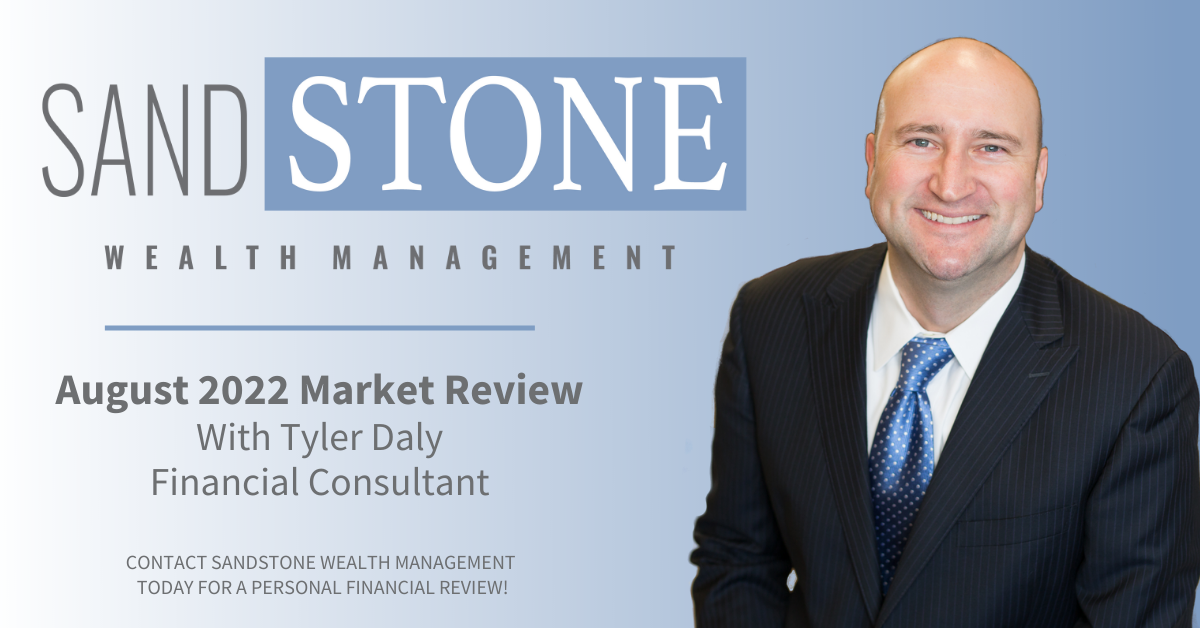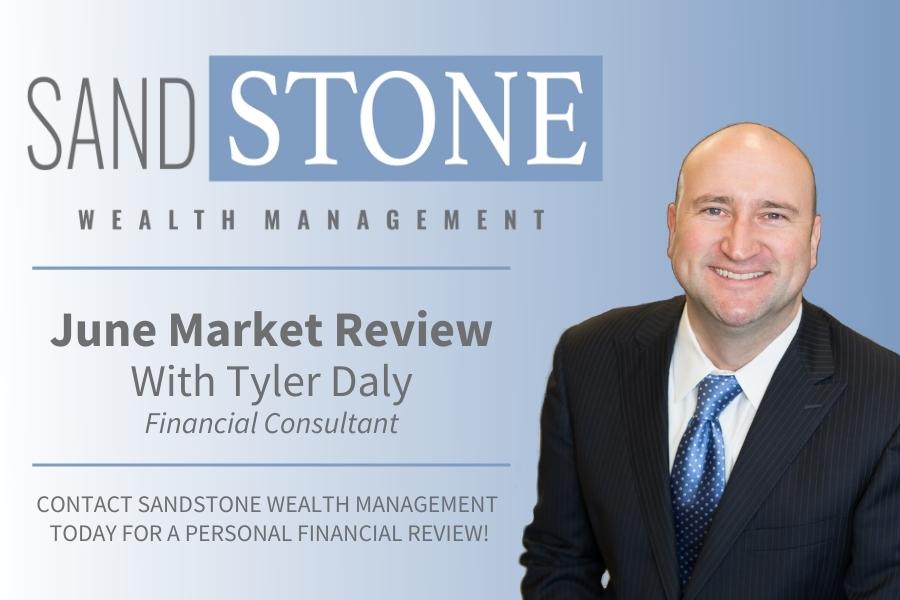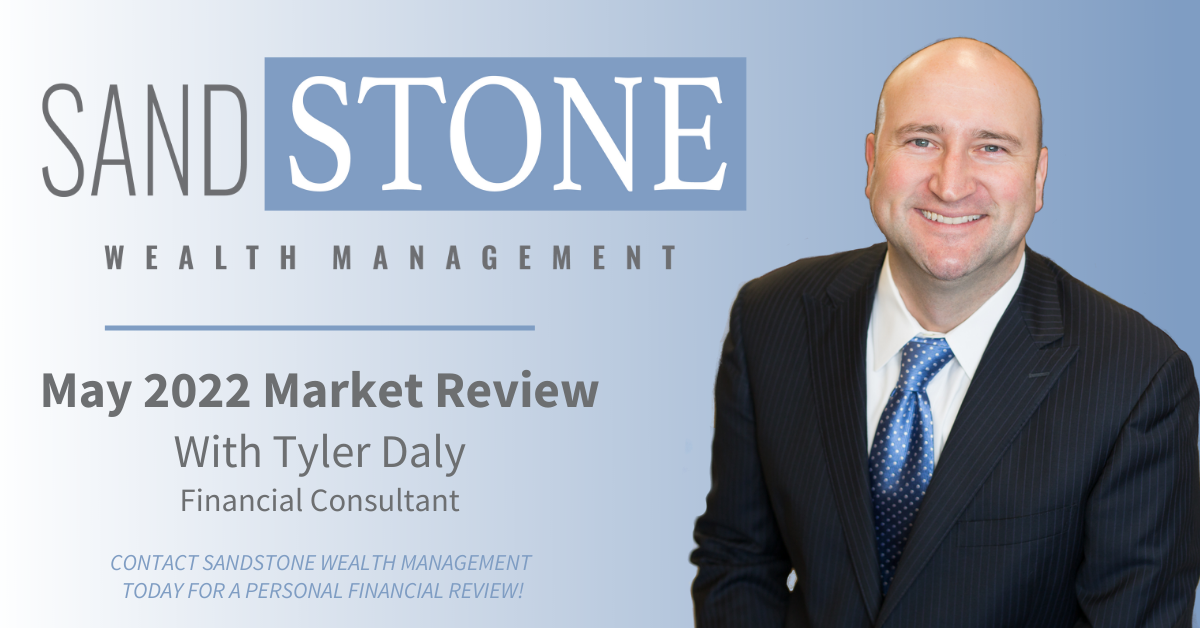 So now we know. After a seemingly unending election cycle, we have a new president and some new faces in Congress. But the question remains, what could that mean for investors and the markets?
So now we know. After a seemingly unending election cycle, we have a new president and some new faces in Congress. But the question remains, what could that mean for investors and the markets?
Historical data doesn’t offer much guidance. We can look for patterns, but the data can be sliced and diced in a myriad ways. What we do know is that the markets don’t like uncertainty. Global markets have experienced losses overnight in response to the unexpected results and U.S. stock markets are poised to open lower this morning. Generally, it is difficult to find meaningful correlations between parties in power and stock market performance over time, but it is possible that we could see some additional volatility in the coming days.
Here’s where we stand now that the election is over:
Economy
- The U.S. economy appears poised for continued moderate growth.
- Consumer balance sheets are strong. Inflation and interest rates are on a gradual upward path.
- The federal debt is now equal to about 80% of the gross domestic product (GDP), which means the federal government has promised far more than it can pay.
Markets
- This election is a non-event for global oil market fundamentals. There will be some oil-related regulatory decisions with local impact – for example, pipeline permits and offshore drilling approvals – but in general, what happens in Washington is irrelevant for oil supply, demand and therefore prices.
Fixed Income
- There is a general sense that things will remain static in the fixed income markets until the election determines whether the markets remain “status quo” or whether fiscal policy changes will be put into play, according to Doug Drabik, senior fixed income analyst for Raymond James. Yields have recently inched up but are still lower than at the beginning of the year.
Bottom Line
- Investors should adhere to a disciplined, balanced approach in order to participate in any upside, while feeling confident that their diversified portfolio can weather any potential downside.
- The election results do not justify drastic action for long-term investors. Our economy is on a steady path to growth and remains one of the most dynamic in the world.
- Short-term volatility could be a buying opportunity for investors poised to buy fundamentally sound companies at a potential discount.
- As always, we caution investors to separate emotion from their financial decisions.
An election of this magnitude certainly warranted your attention. It was probably hard to ignore. But, it’s important to remember that even major elections don’t often influence the markets – one way or the other – over the long term. Time should prove that disciplined investors who stay the course are likely to be the real winners.
Of course, we’ll keep our eyes open for legislative changes or economic shifts that could affect your financial plan. In the meantime, we encourage you to review your portfolio in light of your goals or any major life changes, not the current resident of the White House.
While I don’t expect the election results to change our long-term plans, we will continue to monitor the markets and are always ready to discuss any concerns or question you may have.
Also, our offices will be closed Thursday, November 24, for Thanksgiving. We hope you and your family have a chance to spend the holiday together.
Sincerely,
Tyler Daly
Financial Advisor
Raymond James Financial Services, Inc.
*Investing involves risk, and investors may incur a profit or a loss. Past performance is not an indication of future results and there is no assurance that any of the forecasts mentioned will occur. Investors cannot invest directly in an index. The Dow Jones Industrial Average is an unmanaged index of 30 widely held stocks. The NASDAQ Composite Index is an unmanaged index of all common stocks listed on the NASDAQ National Stock Market. The S&P 500 is an unmanaged index of 500 widely held stocks. The MSCI EAFE (Europe, Australia, Far East) index is an unmanaged index that is generally considered representative of the international stock market. International investing involves additional risks such as currency fluctuations, differing financial accounting standards, and possible political and economic instability. These risks are greater in emerging markets. The performance noted does not include fees or charges, which would reduce an investor's returns.
©2016 Raymond James Financial Services, Inc., member FINRA/SIPC. Securities offered through Raymond James Financial Services, Inc., member FINRA/SIPC, and are not insured by any financial institution insurance, the FDIC/NCUA or any other government agency, are not deposits or obligations of the financial institution, are not guaranteed by the financial institution, and are subject to risks, including the possible loss of principal. Raymond James is not affiliated with the financial institution or the investment center.

Tyler has been in the financial services industry since 2004 and with Sandstone Wealth Management and Heartland Bank since 2009. He is Series 7, 66 and Insurance licensed to assist his clients with all their investing, financial planning, and insurance needs. Tyler was recently named to the Forbes List of America's Top Next-Generation Wealth Advisor, which recognizes advisors from national, regional, and independent firms. Tyler graduated from the University of Nebraska-Lincoln with a Bachelor’s Degree in Diversified Agriculture and was born and raised in the Nebraska Sandhills. This gives him an intimate knowledge and understanding of his farming and ranching clients. Tyler is married to Rachel, who earned her Doctorate of Pharmacy from the University of Nebraska. They have two children, Camilla and Cooper. Away from business, he enjoys officiating high school basketball in the winter as well as golfing and team roping in the summer.


.png)

.jpg)

.jpg)

.png)




